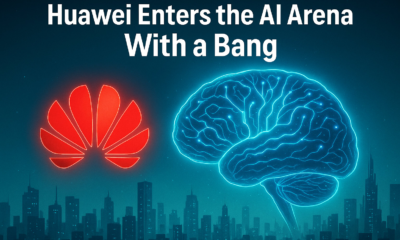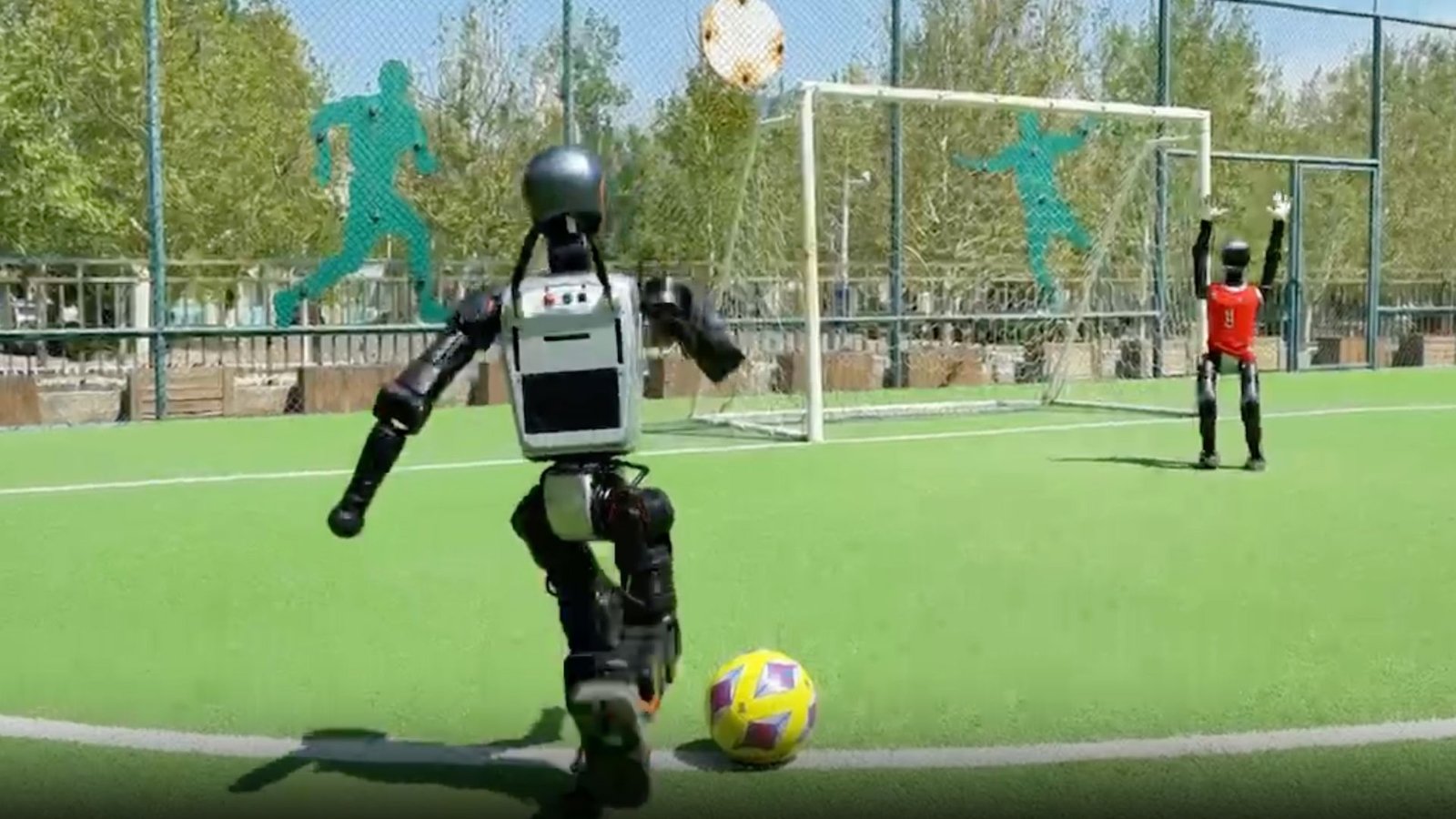The marketing landscape is experiencing its biggest transformation since the digital revolution. Agentic AI marketing skills have become the defining factor between marketers who thrive and those who get left behind in 2025.
Unlike traditional AI tools that require constant human input, agentic AI systems work autonomously—launching campaigns, optimizing customer journeys, and making strategic decisions without continuous oversight. For marketers, as outlined in Salesforce’s latest post, this shift demands an entirely new skill set focused on orchestration, ethics, and strategic thinking.
What Makes Agentic AI Marketing Skills Different?
Agentic AI marketing skills represent a fundamental shift from task execution to strategic orchestration. While previous generations of marketing AI simply assisted with content creation or data analysis, agentic AI systems take complete ownership of marketing processes.
These intelligent systems can:
- Autonomously launch and optimize multi-channel campaigns based on predefined KPIs
- Write, schedule, and personalize content following brand guidelines and audience preferences
- Manage complex customer segmentation and journey mapping in real-time
- Adjust strategies dynamically using comparative models and performance data
This transformation elevates marketers from tactical executors to strategic commanders, requiring mastery of distinctly human capabilities that AI cannot replicate.
Marketing Skills Becoming Obsolete in the Agentic AI Era
The reality check: Several traditional marketing skills are rapidly losing relevance as agentic AI systems outperform humans in key areas.
Disappearing marketing capabilities:
Manual reporting and dashboard creation – Agentic AI generates real-time analytics automatically, eliminating hours of spreadsheet work and data compilation.
Basic content writing and copywriting – AI agents can produce first drafts of emails, social posts, and ad copy in seconds, following brand voice guidelines more consistently than human writers.
Workflow setup and campaign management – Autonomous systems create, manage, and refine customer journeys based on performance data, removing the need for manual campaign orchestration.
Traditional audience segmentation – Predictive AI models target micro-audiences in real-time with precision that surpasses human intuition and demographic assumptions.
This transition frees marketers to focus on high-level strategy, creative direction, and the uniquely human elements that drive meaningful brand connections.
The 5 Critical Agentic AI Marketing Skills for 2025
1. Strategic Orchestration and Systems Thinking
Why it matters: Agentic AI excels at execution but requires sophisticated strategic frameworks to operate effectively.
Core competencies:
- Journey-based marketing design that maps entire customer lifecycles, not just individual campaigns
- Strategic goal translation – converting brand strategy into actionable AI agent instructions
- Performance validation – testing AI outputs against strategic objectives and business goals
- Cross-platform integration – ensuring AI agents work cohesively across CRM, marketing automation, and analytics systems
Skill development pathway: Master customer lifecycle mapping and learn to write clear, measurable objectives that AI agents can execute autonomously.
2. Creative Direction and AI Prompt Engineering
The new reality: Marketers must become expert “creative directors” for AI systems, crafting detailed briefs that produce on-brand, engaging content at scale.
Essential capabilities:
- Advanced prompt engineering – creating structured, contextual prompts that generate consistent brand voice and tone
- Creative constraint definition – setting parameters that guide AI creativity while maintaining brand standards
- Multi-format creative strategy – directing AI systems to create cohesive campaigns across video, audio, visual, and written content
- Brand voice translation – converting subjective brand guidelines into concrete AI instructions
Professional development focus: Practice writing creative briefs for both human teams and AI systems, then compare outputs to refine your prompt engineering skills.
3. AI Systems Literacy and Technical Fluency
Beyond basic AI knowledge: Marketing professionals need deep understanding of how agentic systems make decisions, learn from data, and interact with marketing technology stacks.
Technical skill requirements:
- AI model selection and optimization – understanding when to use different AI models for specific marketing tasks
- Feedback loop design – creating systems that help AI agents learn and improve performance over time
- API integration knowledge – connecting AI agents with CRM, CMS, DAM, and analytics platforms
- Performance monitoring – tracking AI decision-making patterns and identifying when human intervention is required
Learning pathway: Take formal training on marketing AI platforms, experiment with AI agent configuration, and develop basic understanding of machine learning principles.
4. Ethical AI Governance and Compliance Management
Critical importance: As AI systems make autonomous decisions affecting customer experiences, marketers must ensure ethical, legal, and brand-safe operations.
Governance competencies:
- Algorithmic bias detection – identifying and mitigating unfair targeting or discriminatory practices in AI-driven campaigns
- Privacy compliance leadership – ensuring AI systems operate within GDPR, CCPA, and emerging data protection regulations
- Transparency and disclosure – clearly communicating AI usage to customers and stakeholders
- Risk assessment and mitigation – evaluating potential negative outcomes of autonomous AI marketing decisions
Skill building approach: Study marketing ethics frameworks, learn privacy regulation requirements, and practice auditing AI outputs for bias and compliance issues.
5. Human-AI Team Leadership and Collaboration
The orchestration imperative: Modern marketers must expertly coordinate hybrid teams of humans and AI agents across departments, platforms, and workflows.
Leadership skill areas:
- Role definition and delegation – determining which tasks belong to humans vs. AI agents
- Cross-functional AI integration – coordinating AI marketing efforts with sales, customer success, and product teams
- Change management – helping marketing teams adapt to AI-augmented workflows
- Performance optimization – continuously improving human-AI collaboration effectiveness
Practical skill development:
- Human-only responsibilities: Brand strategy, ethical oversight, creative storytelling, relationship building
- Human-AI partnership zones: Content ideation, campaign conceptualization, performance analysis
- AI-autonomous domains: A/B testing, bid optimization, audience targeting, reporting generation
Implementation Strategy: Leading with Intent in the Agentic AI Era
The bottom line: Successful adoption of agentic AI marketing skills requires intentional leadership, not passive acceptance.
Your competitive advantage strategy:
Start with strategic clarity – Define clear business objectives and success metrics before implementing any AI agents. Agentic systems amplify strategy, so poor strategy leads to amplified failure.
Experiment rapidly but systematically – Test AI agent capabilities in controlled environments before full deployment. Start with low-risk campaigns to understand AI decision-making patterns.
Maintain human oversight – Even autonomous systems require human strategic guidance, ethical monitoring, and creative input.
Focus on uniquely human value – Use AI to eliminate busywork while doubling down on relationship building, creative storytelling, and strategic thinking that only humans can provide.
The Future of Marketing Careers: Human Leadership + AI Execution
Agentic AI marketing skills represent more than just technical competencies—they’re the foundation of marketing leadership in an AI-native business environment.
The most successful marketers in 2025 won’t be those who resist AI or those who rely on it completely. Winners will be strategic orchestrators who leverage AI agents for execution while maintaining human leadership over brand direction, ethical decisions, and creative vision.











































